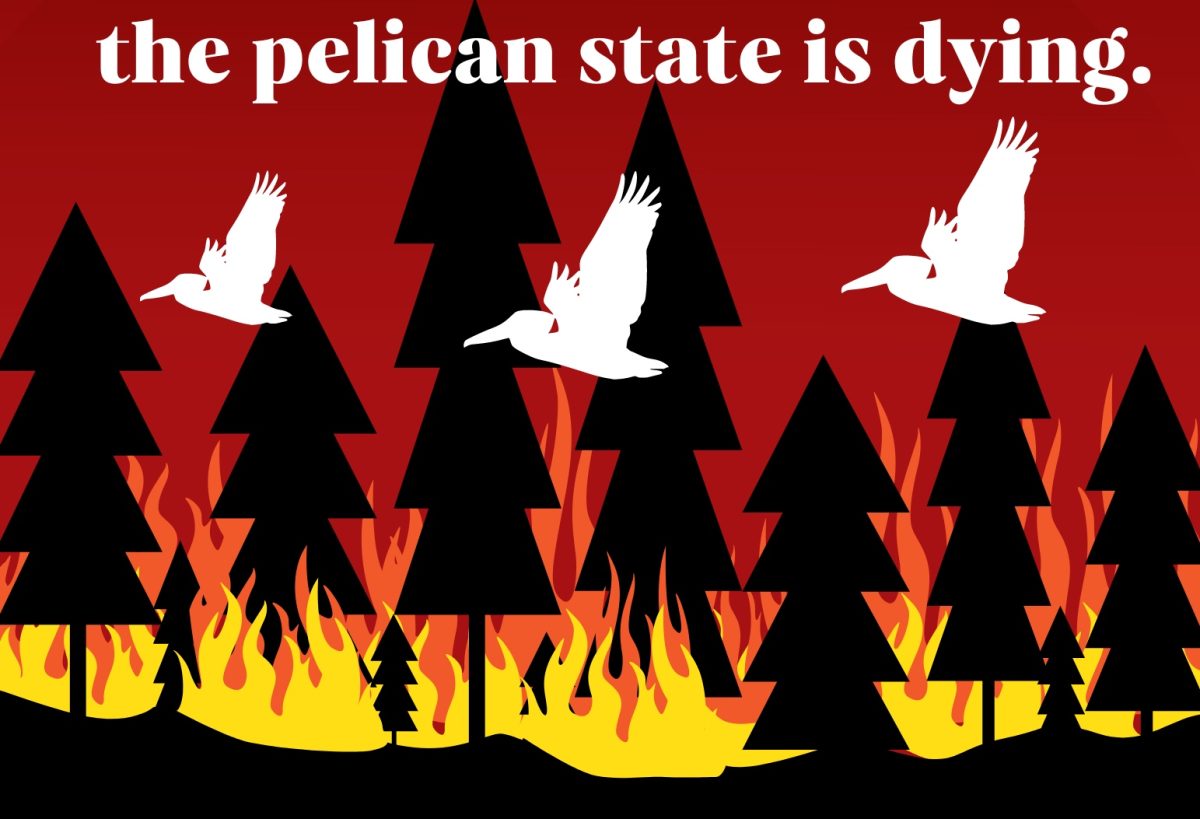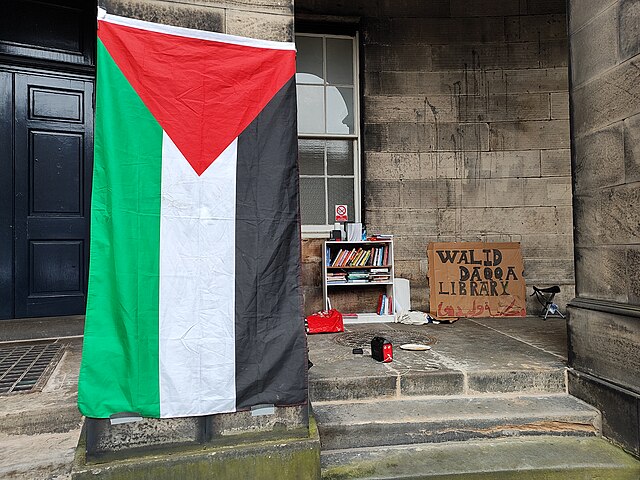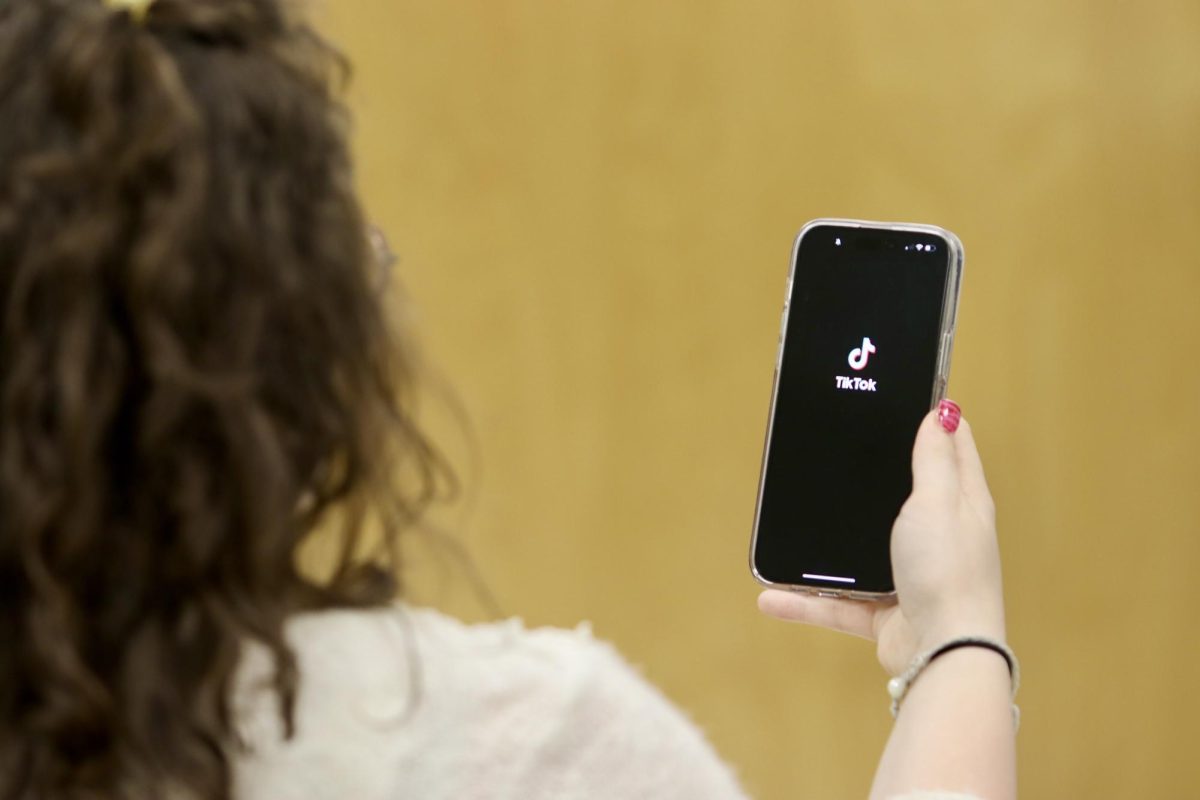Anyone in Louisiana can attest to the unbearable heat wave this summer has yielded. The state usually has a subtropical climate with average temperatures ranging from lows in the sixties to highs in the nineties during summer. Still, this summer has completely swamped those figures.
On Aug. 7, the Louisiana Department of Agriculture and the State Fire Marshal issued a statewide burn ban, which prohibits any private burning without limitations and is in effect until further notice. Additionally, Gov. John Bel Edwards issued an executive order on Aug. 25 suspending all prescribed burns within the state, including those used for agricultural, coastal and forest land management.
As noted on BRProud, Edwards stated, “Embers from a fire that has been put out can be blown miles away and flare up again in another area, which is why we need everyone focused on efforts to prevent more fires.”
After learning about the bans, I felt quite reminiscent of what summers in Louisiana used to be like as a child growing up. Children born and raised in the South knew how to deal with the heat and how to make it fun from the moment they stepped foot outside.
Just the idea that not only kids but anyone living in Louisiana now has to think more cautiously about how they spend their summers is heartbreaking. It saddens me to witness Louisianians go through something so traumatic, and it saddens me even more to know that an entire political party refuses to see the correlation between these events and the underlying cause: climate change.
As shown in a study done by Pew Research, only 23% of Republicans view climate change as a major threat, and only 13% of them describe it as a top priority. With Louisiana being an apparent red state, these statistics are worrisome. Moments as recent as Republican gubernatorial candidate Stephen Waguespack completely dodging a question on regulating petrochemical companies in a recent debate and Jeff Landry, the frontrunner for governor, calling climate change a hoax does not ease these worries.
The sheer ignorance and disregard for our planet’s well-being this political group carries is concerning and frankly terrifying.
“At least 645 wildfires have burned in Louisiana this year and there are more hot weeks – and likely more fires – ahead,” the Times-Picayune said. These disastrous fires are a significant contrast from the usual threat of flooding and major storms Louisiana is used to.
The most severe wildfire the state has ever seen is taking place in Beauregard Parish. According to the Beauregard Parish Sheriff’s Office, the Tiger Island fire has ruined an estimated “50,000 to 60,000” acres of land and is continuing into its eighteenth day of burning as of Sept. 9. The fire has been contained by 71%.
Residents of Merryville, a town just west of the fire, were told to make an emergency evacuation. In an NBC news interview, one resident said, “I remember when we were leaving, I couldn’t breathe. I really couldn’t.”
Northeast of Merryville in DeRidder, the First United Methodist Church converted into a shelter for anyone needing a place to stay during the high-risk event.
Louisianians are encouraged to stay as hydrated as possible, protect their faces and heads, keep their houses cool and limit daily sun exposure until the heat wave subsides.
The human race has inhabited this planet for quite a long time and has so far done a lot more harm than good to its environment. Things like deforestation, burning fossil fuels, overpopulation and pollution are just a fraction of the effects humans have had on the planet. Louisiana undergoing such harsh changes should be a clear sign for people to notice and believe this is a major issue, and one that has surpassed fixing.
Climate change has been deemed an irreversible situation, and its effects will be catastrophic to all the lives that Earth inhabits. Along with the planet as a whole, Louisiana’s temperatures will continue to climb and the living conditions of its residents will get harsher for the foreseeable future.
Louisiana’s geography unfortunately places it among the most vulnerable states in the country to the consequences of climate change. As our ocean’s water gets warmer, sea levels will continuously rise, leading to mass amounts of land erosion and stronger storms that bring disastrous flooding.
If climate change is not taken more seriously, Louisiana will eventually become uninhabitable.
I hope that more of our planet’s population will realize the severity of our reality, as it is not only affecting us currently but will also change the way future generations will have to go about their daily lives.
If you would like to donate to the ones being affected by the wildfires in Louisiana, please visit United Way to contribute.










